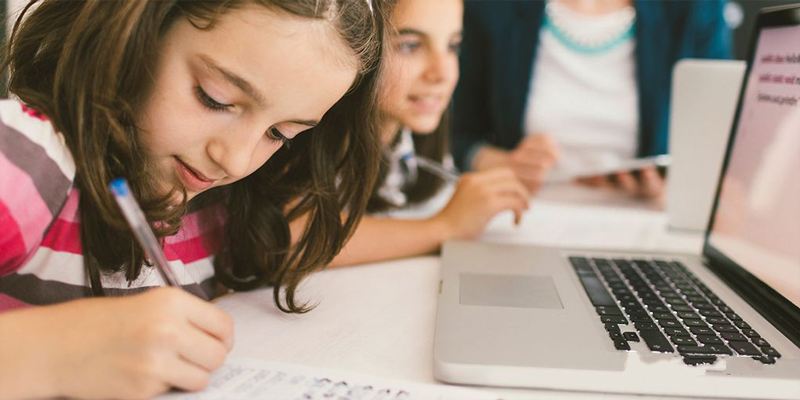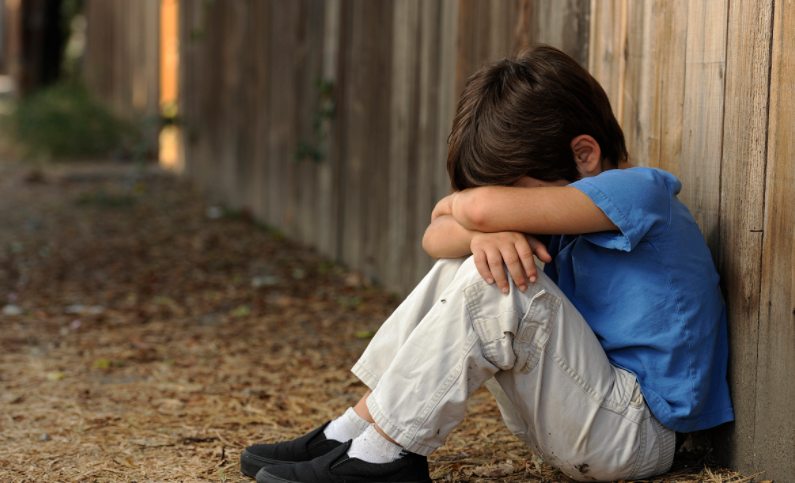Online Learning Safety Tips
26th May 2020
Did you know that during this pandemic, internet usage was already up by 50% in large parts of the world? And going online every day is already the norm for most children. In fact, UNICEF has been studying the impact of the Internet on children. When they use mobile phones and laptops to stay connected, learn or entertain themselves, they are at an increased risk of online harassment and being cheated. The coronavirus pandemic has created a perfect storm for online predators to lure children who are lonely, confused and maybe looking for validation. So how can we as parents keep them safe as their lives? What is the children’s safety online knowledge? This week, we have organised a list of the online safety tips as advised by UNICEF earlier for your reference!


1. Open Communication
The most important safety measure is for parents to open conversations with their children, talk about what is going on in their lives online, and how and with whom they are communicating online. Parents and children work together to establish rules about how and when they can be online and encourage daily activities that do not require screens. Parents may also spend more time with their children, such as yoga and other physical fitness sports, reading books or parent-child games.
2. Use Protection Tools
Before using the computer, parents should check that their children’s device is running the latest software and antivirus programmes and that privacy settings are on. Keep webcams covered when not in use. If the child is relatively young, parents should create supervision and use tools such as SafeSearch on Google. If you use a mobile phone, many applications on mobile phones now also have a safe mode or child mode to filter out content that may not be acceptable, for example with YouTube Kids.
3. List of websites accessible by agreement with children
Parents and children jointly enumerate the list of websites that children can access, and must confirm the safety of children’s website content to avoid children’s exposure to pornography, violence and other inappropriate information. If the child accidentally clicks on a website with potential security risks, they should immediately close and leave this website.

4. Watch what children share
In order to prevent children from exposing too much personal information on the website, parents should regularly check their children ’s public information on the Internet and educate their children not to actively share personal information on the website. If you need to register personal information, you should discuss with your parents and ask for permission before the information becomes public. In particular, it is necessary to set up privacy settings for strangers and remember that, children do not need to provide photos or full names and other personal real data when using online learning resources.
5. Look out for warning signs
Pay more attention to children’s emotions or when there are signs of pain, such as becoming withdrawn, upset, secretive or depressed. It might be connected with their increased online activity. Encourage children to keep online learning exchanges and daily social chats with their friends. Families with two or more children can also organize more fun activities such as cooking or playing board games at home.


6. Report Cyberbullying
Parents should be familiar with the safeguarding and bullying policies of their children’s school and have the phone numbers of support helplines and hotlines handy to report cyberbullying or inappropriate content. Parents should remind their children to be vigilant, and teach their children to ignore the malicious comments of netizens. If they are harassed, they should actively inform their parents to avoid being bullied and silently suffer.

Finally, KnewSTEP Education hopes that the above tips from UNICEF will help you safely learn online! We also hope that parents can lead by example, consciously put down their phones, leave the computer, communicate with their children, engage with their children’s activities and learning, and spend more time with their children to help them develop independent and critical thinking. More importantly, parents should cultivate a wide range of children’s interests. Let children feel the warmth of real life after learning and guide them to use network devices appropriately, in doing so children will not indulge in the virtual world but to use them wisely and healthily. We wish you a very happy learning both online and offline this summer!
Reference: https://www.facebook.com/unicef/videos/239862887352074/
Photo Credit:
https://www.photophoto.cn/pic/26244707.html
https://book.douban.com/review/9302698/
http://www.peixun360.com/972/news/113959/
http://kuaibao.qq.com/s/20191207A0EMH600
https://sz.home.focus.cn/gonglue/2c570ad54c875414.html/
http://mini.eastday.com/a/181112114542894.html
